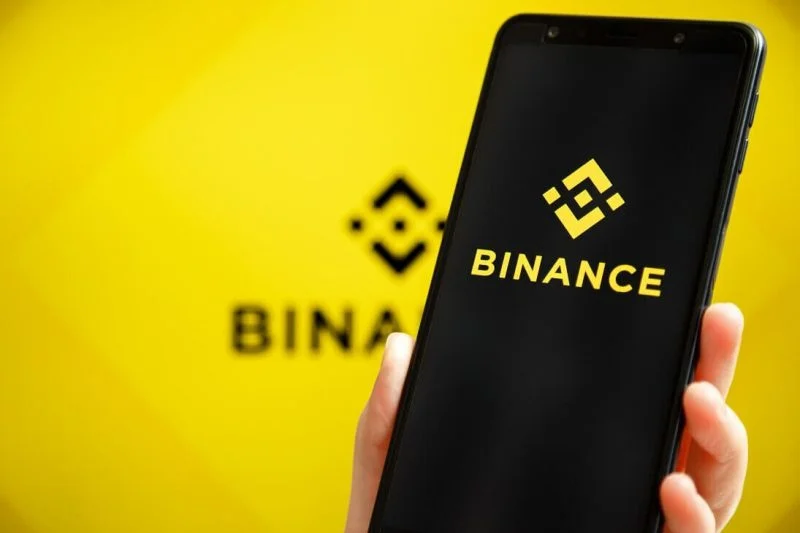Article Directory
The Curious Case of CZ's Hypothetical Refund
Changpeng Zhao, or "CZ" as he's known, recently responded to a question posed on X by Anndy Lian regarding a potential refund of Binance's hefty $4.3 billion settlement with the US government. The question, in essence: if Trump's pardon somehow leads to the return of those funds, what then? CZ's answer was carefully worded, emphasizing his appreciation for the pardon and stating that any returned funds would be reinvested in the US. He also clarified that he hasn't initiated any action to seek such a refund.
This seemingly innocuous exchange has predictably stirred the crypto pot. The immediate reaction, unsurprising in the often-turbulent crypto space, was a flurry of speculation. CZ's lawyer, Teresa Goody Guillen, attempted to pour cold water on the more outlandish theories, dismissing claims of corruption as "misinformation and assumptions." But let's be real, in crypto, speculation is the name of the game.
The $4.3 Billion Question: A Data Dive
The core issue isn't the speculation, but the underlying economics. A $4.3 billion settlement isn't pocket change. Binance agreed to this colossal sum in November 2023 to resolve enforcement actions from various US agencies (DOJ, OFAC, CFTC, and FinCEN). These actions stemmed from alleged sanctions breaches and a failure to maintain a robust anti-money laundering (AML) program. CZ himself pleaded guilty to violating the Bank Secrecy Act, stepped down as CEO, and paid a $50 million penalty (a fraction of the overall settlement, but still significant). He was later sentenced to four months in prison.
The question of a refund hinges on the implications of Trump's pardon. Does it retroactively absolve Binance of the alleged wrongdoings to the extent that the settlement becomes unjustifiable? CZ's lawyer argues that the prosecution "should not have occurred" given the circumstances, pointing to CZ's lack of prior criminal history, absence of fraud, and the absence of identifiable victims. She claims the sentence was harsher than any previously imposed for similar charges.
But here's where the data gets murky. While the lawyer's claims paint a picture of prosecutorial overreach, it's difficult to quantify the precise impact of the pardon on the legal justification for the settlement. Was the settlement a penalty for past actions, or a preventative measure against future risks? If the latter, the pardon might not necessarily invalidate the rationale behind the agreement.

I've looked at hundreds of these regulatory cases, and the line between "penalty" and "preventative measure" is often blurred, intentionally. The government wants its pound of flesh, but also wants to claim it's protecting the public.
Parsing CZ's Response and the Crypto "Data Set"
CZ's carefully worded response provides few concrete clues. He acknowledges the "sensitivity" of the question, which is corporate speak for, "I don't want to say anything that could get me in more trouble." His commitment to reinvesting any refunded funds in the US is a savvy PR move, regardless of whether a refund is actually on the table. (And that's not a criticism; it's just a realistic assessment.) As reported by Bitcoinist.com, the question of a potential refund has been a hot topic in the crypto community. Will The US Government Refund Binance’s $4.3 Billion After CZ Pardon? Crypto Exchange Founder Answers | - Bitcoinist.com
The "broader crypto community's" reaction, as reported, is itself a form of data – a qualitative, anecdotal data set. While it's impossible to put an exact number on the sentiment, the online discourse suggests a mix of skepticism, hope, and outright conspiracy theories. Some see the pardon as a sign of a potential shift in US regulatory policy towards crypto. Others view it as a purely political move with no bearing on Binance's legal obligations. Still others see it as a sign of things to come.
And this is the part of the analysis that I find genuinely puzzling. It's the human element, the emotional reaction to what is, at its core, a financial transaction. Why is there so much invested in a refund? Is it simply a desire to see Binance, a major player in the crypto space, regain its financial footing? Or is it something deeper – a belief that the US government unfairly targeted Binance and CZ?
